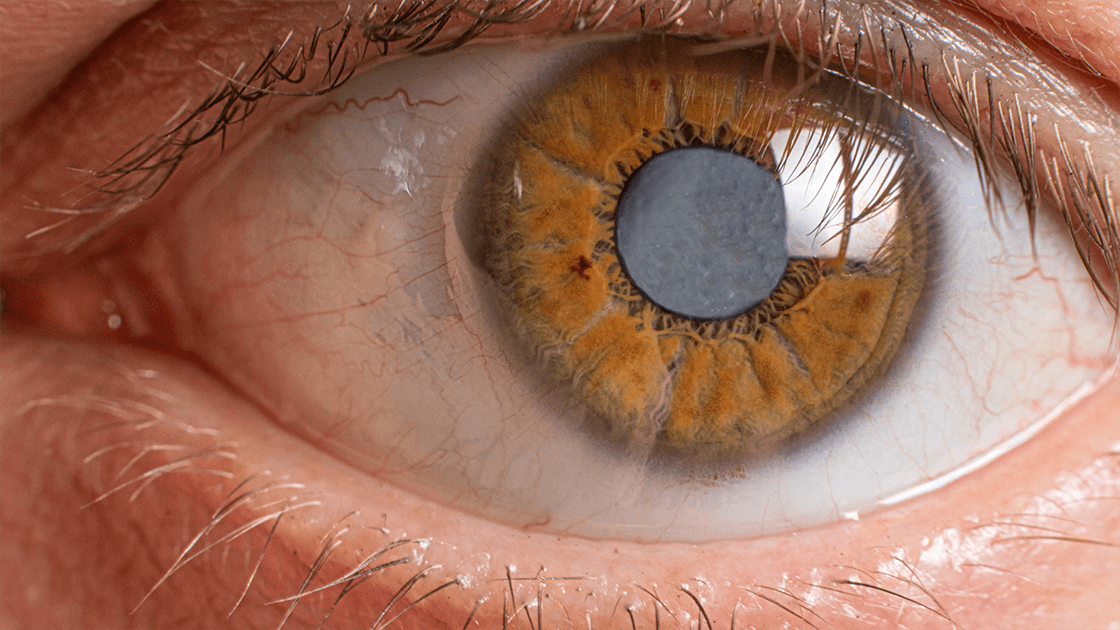
03 Apr Understanding Cataracts: Early Signs & When to Seek Treatment
If your vision has started to feel cloudy or blurry, it might be more than just needing new glasses. You could be experiencing signs of cataracts—a very common eye condition that affects millions of people, especially as they get older.
The good news is that cataracts are treatable, and the earlier you catch them, the better your chances of protecting your sight. Let’s break down what cataracts are, how to spot the early signs, and when it’s time to seek help.
What Are Cataracts?
Inside your eye is a clear lens that helps focus light so you can see. Over time, that lens can become cloudy. When that happens, it’s called a cataract. Think of it like looking through a foggy window—everything appears a little dull, blurry, or hazy.
Cataracts can develop slowly, which is why many people don’t notice them at first. But over time, they can start to affect how you live your daily life.
Early Signs of Cataracts
Cataracts often begin with subtle changes in your vision. Here are some common early symptoms:
- Cloudy or blurry vision
- Trouble seeing at night
- Sensitivity to light or glare
- Seeing halos around lights
- Colors looking faded or yellow
- Needing to change your glasses prescription often
You might notice one or two of these symptoms at first, but they usually get worse over time if left untreated.
When to Seek Treatment
Not everyone needs treatment for cataracts right away. In the early stages, you might just need a new glasses prescription or better lighting while reading. But when your vision starts to interfere with everyday activities—like driving, reading, or recognizing faces—it’s time to take action.
The most common and effective treatment for cataracts is a simple outpatient surgery. During the procedure, the cloudy lens is removed and replaced with a clear, artificial one. Recovery is usually quick, and most people notice a big improvement in their vision within just a few days.
Don’t Wait—Get Your Eyes Checked
Cataracts are a natural part of aging, but that doesn’t mean you have to live with poor vision. Regular eye exams can catch cataracts early and help you plan the right time for treatment.
If you’re experiencing any of the symptoms listed above, schedule a comprehensive eye exam with our team. We’ll check your vision, look for cataracts, and talk through your options—so you can get back to seeing clearly and confidently.
Better vision starts with a single step. Book your appointment today.

